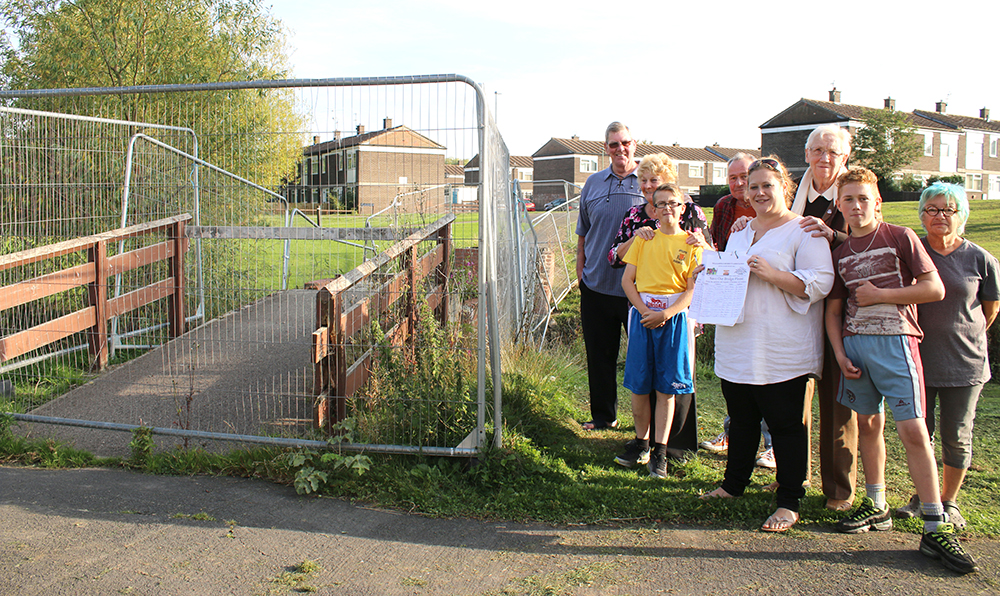Dear Sir,
Recently, the Association of North East Councils (ANEC) wrote to the government asking for more funding to help them survive the Coronavirus crisis. A few days later, when the second tranche of C-19 funding was announced, there was disquiet when County Durham’s allocation was £4 million less than the first tranche … whilst, in the south, Surrey Council was given £8 million more.
In its turn, this disquiet was denounced as ‘politicising’ the crisis. And apologists also pointed out that – where funding per head for Durham across the two tranches was £65.57 – per capita funding in Surrey was only £52.28 (a fifth less); far from being unfair to Durham, it was said, the funding was unfair to Surrey.
POLITICS?
Both these suggestions need qualifying.
Firstly, the ANEC letter was not ‘political’. Half the ANEC councils are either Conservative, or No-Overall-Control. And, whilst it is true that Simon Henig, Chair of ANEC, is Labour, his vice-Chair Heather Scott, leader of Darlington Council, is Conservative. It is worth mentioning also that the councils in the Yorkshire and Humber region are currently considering issuing a statement that they have run out of money; and that a further 17 local authorities are considering issuing 114 Notices (the LA equivalent of going into administration).
FAIRNESS
So not political, but was it ‘fair’?
Since 2010, the government has worked on the principle that, to be ‘fair’, funding needs to be allocated on a per capita basis – why should the south-east get less grant-aid per person than places like the north-east?
Such an approach is, however, challenged by the Councils of the north-east, from whom ‘fair’ is not fair unless it takes account of ‘needs’. Since the destruction of the region’s industrial staples in the 1980s/1990s, the north-east is England’s second-poorest region. This regional inequality, moreover, is steadily widening; if Britain had stayed in the EU, County Durham would next year have been classified as a ‘less developed’ region of the EU (along with, e.g., Poland and Romania) because recently our average income has dipped below 75% of the EU’s average income.
FINANCE
Consequently, the north-east has a range of significantly inflated needs. Some of them are directly the result of being regionally poorer – worse health, greater child-poverty, substandard housing etc. Others stem from behaviours which accompany social deprivation – alcoholism, smoking, domestic abuse, etc.
This has been especially evident during the Coronacrisis.
County Durham has disproportionately large numbers of people who are in care homes, are aged 65+, are medically vulnerable, or are living in poverty – factors which have increased our vulnerability both to the disease itself, and to its financial and social consequences.
So the ANEC letter was anything but political, and neither was it a ‘poor me’ appeal for victimhood – it was purely transactional. We incur significant extra expenditure (most of it on services statutorily required by the government) and we need extra money to meet that expenditure.
But not just to meet that extra expenditure – if we are ever to move away from forever asking for handouts to meet our needs, the north-east is going to need EVEN MORE money to correct the social and economic deprivation which creates those extra needs.
BACK TO POLITICS
I have of course, been saying this for years, but since the 2019 election – since the Tories acquired the red wall constituencies – our Prime Minister has (as recently as last weekend) been firm that “unlike any other Conservative government … we are going to make sure we level up right across the country and keep faith with the people who voted for us”.
That statement is very welcome, and it is to the benefit of everybody in the County that people get behind it, whatever their political party … but, surely, particularly our newly-elected local Conservative MPs. Doing so will involve them in lobbying to secure significant additional funding to level up our social and economic infrastructure, but also in challenging, not defending, the Treasury when its funding does not meet our Prime Minister’s assurances.
John D Clare











